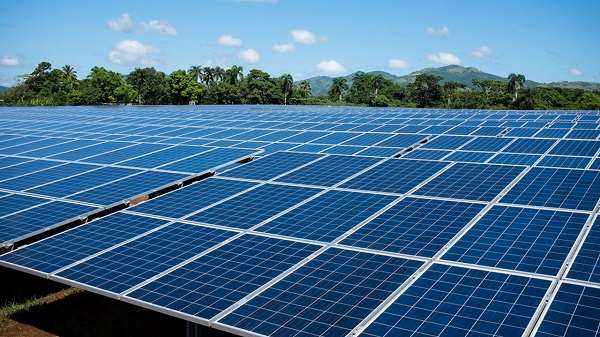In an era defined by rapid technological advancements and growing environmental concerns, the quest for sustainable energy sources has become paramount. Among the various alternatives, solar power has emerged as a leading contender, harnessing the immense energy radiating from the sun. Solar panels, the fundamental building blocks of solar energy systems, have revolutionized the way we generate electricity. But what exactly is the purpose of solar panels? How do they contribute to a greener and more sustainable future?
In this post, we will delve into the transformative power of solar panels, shedding light on their environmental benefits, economic advantages, and their role in reducing carbon emissions. So, if you’re eager to learn about the remarkable potential of solar energy and the significant impact it can have on our planet, consider EcoGen America as your guiding light on this enlightening journey.
Contents
Harnessing Renewable Energy
Solar panels play a crucial role in harnessing renewable energy from the sun. Unlike fossil fuels, which are finite resources and contribute to environmental degradation, sunlight is an abundant and clean source of energy. Solar panels use photovoltaic cells to capture sunlight and convert it into direct current (DC) electricity. This sustainable method of energy production reduces reliance on non-renewable resources and helps combat climate change.
The importance of harnessing renewable energy has gained significant traction, driven by the urgent need to combat climate change, reduce carbon emissions, and mitigate the environmental impact of traditional fossil fuel-based energy sources. Governments, organizations, and individuals around the world are recognizing the vital role that solar panels play in achieving these goals and are investing in solar energy systems at an unprecedented rate.
Powering Homes and Businesses
One of the primary purposes of solar panels is to generate electricity for residential and commercial properties. By installing solar panels on rooftops or open areas, individuals and businesses can produce their own electricity and reduce their dependence on the grid. Solar power can provide significant cost savings on monthly utility bills, especially in regions with ample sunlight. Additionally, excess energy generated by solar panels can be fed back into the grid, earning credits or payments through net metering programs.
Supporting Energy Independence
Solar panels contribute to energy independence by diversifying the energy mix and reducing reliance on imported fuels. Countries with abundant sunlight can leverage solar power to meet their energy demands, decreasing their dependence on foreign oil or gas. This enhances national security and economic stability, as well as fosters sustainable development. Solar energy can be a viable solution for remote areas or developing countries where extending the electrical grid may be challenging or costly.
Mitigating Climate Change
The purpose of solar panels extends beyond economic benefits, as they also play a significant role in mitigating climate change. Fossil fuel-based electricity generation is a major contributor to greenhouse gas emissions, which trap heat in the atmosphere and lead to global warming. Solar panels, on the other hand, produce clean energy without emitting harmful pollutants or greenhouse gases. By transitioning to solar power, we can reduce carbon dioxide emissions and minimize the environmental impact associated with traditional energy sources.
Promoting Sustainability and Environmental Conservation
Solar panels are a key component of sustainable development and environmental conservation. The production of electricity from solar energy does not deplete natural resources or harm ecosystems. Moreover, solar panels have a long lifespan, typically ranging from 25 to 30 years, and require minimal maintenance. Unlike conventional power plants, solar installations do not consume water for cooling, which is particularly beneficial in regions facing water scarcity. The use of solar energy reduces air and water pollution, preserving natural habitats and promoting a healthier environment for future generations.
Advancing Technological Innovation
The purpose of solar panels goes beyond immediate energy generation. Their widespread adoption has spurred technological advancements and innovations in the renewable energy sector. Ongoing research and development in solar technology have led to more efficient and affordable solar panels. Scientists and engineers are continuously exploring new materials, designs, and manufacturing processes to enhance the performance of solar cells. These advancements not only improve the efficiency of solar panels but also contribute to the overall growth and progress of the clean energy industry.
Solar panels serve a multitude of purposes, ranging from harnessing renewable energy to mitigating climate change and promoting sustainability. By generating clean electricity, solar panels reduce our reliance on fossil fuels, lower energy costs, and contribute to energy independence. They play a crucial role in combating climate change, conserving the environment, and fostering technological innovation. As we continue to embrace solar energy, we move closer to a more sustainable and resilient future.

